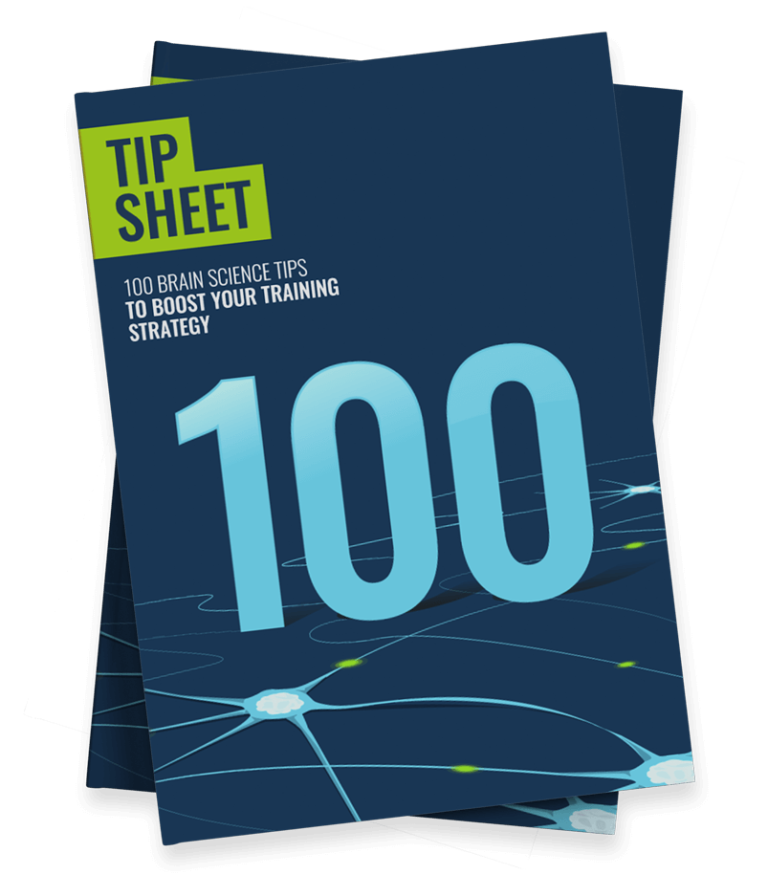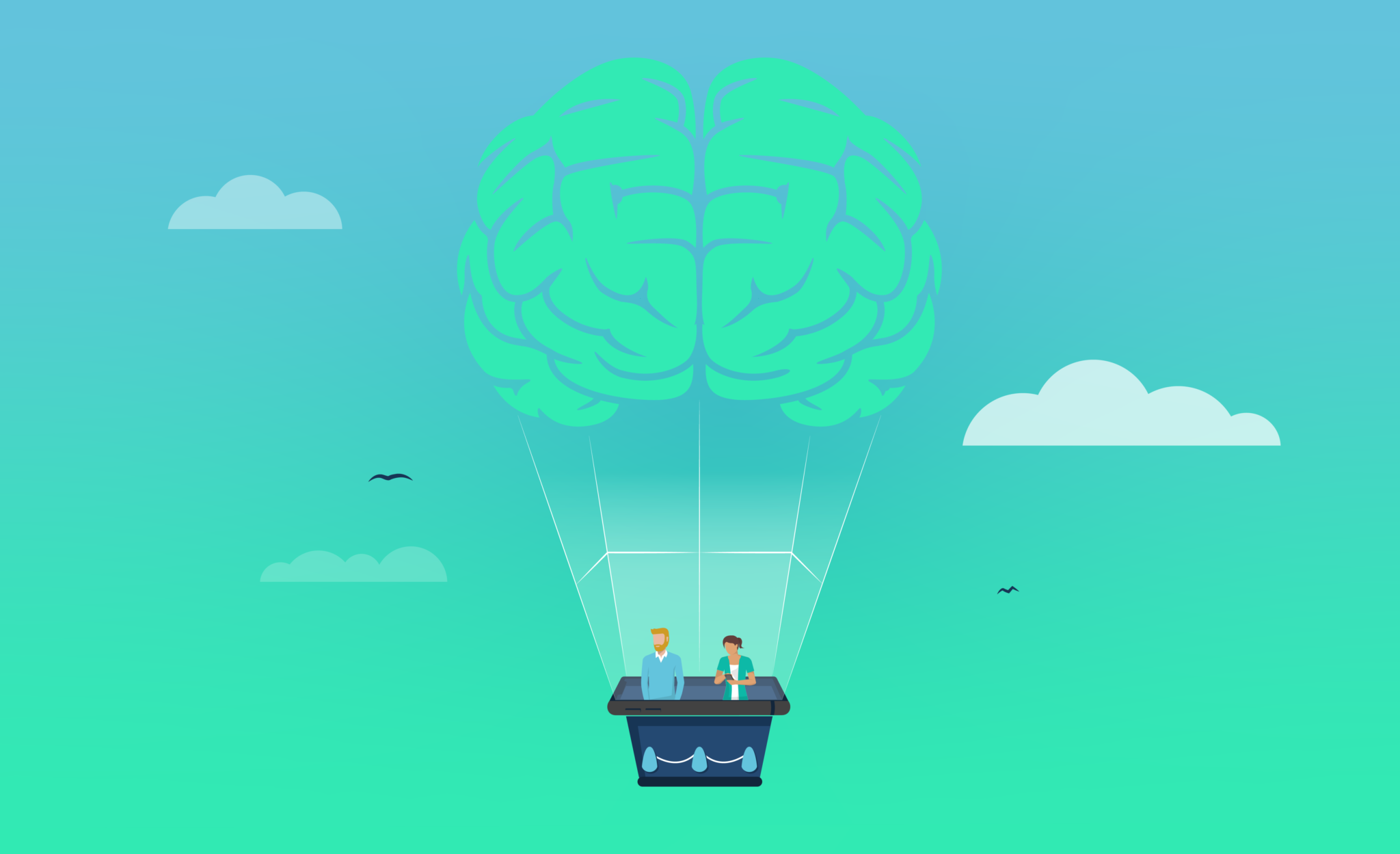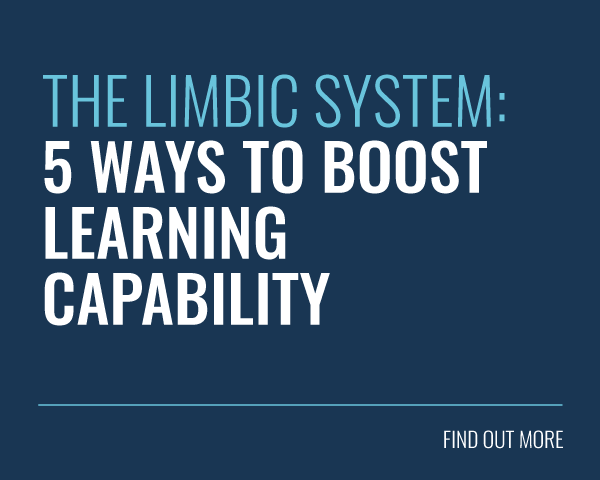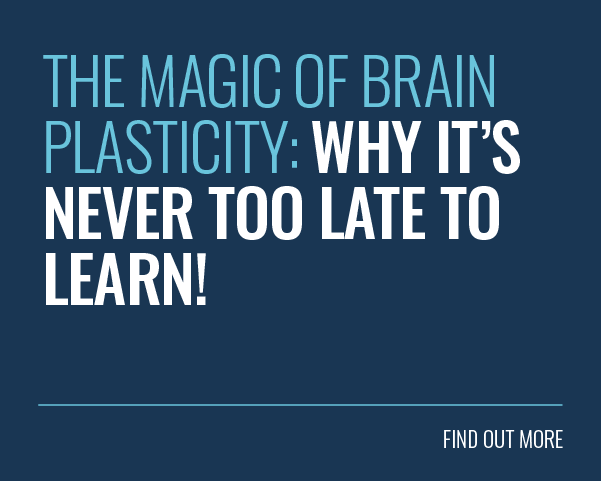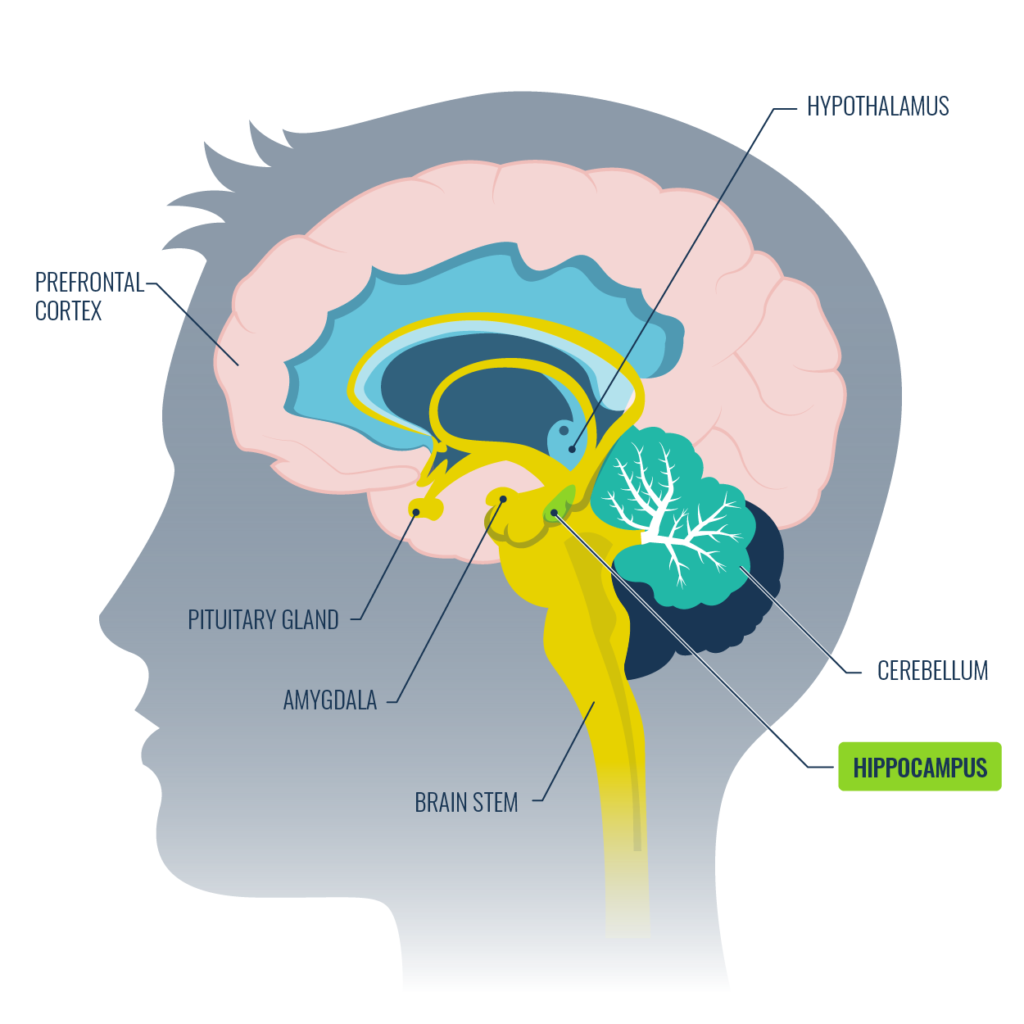
Truly effective learning starts by embracing neuroscience. From neurotransmitters, habit formation, various learning theories and more — you’ll need to get to grips with some basic brain science. This brings us to the topic at hand: the hippocampus function and its role in learning and memory.
The hippocampus function is the part of the brain which stores memory. Think of it like a human’s inner hard drive. And just like actual hard drives, we can boost its performance.
Fortunately, it doesn’t require a mini-screwdriver. There are a few (painless) techniques you can employ to improve your hippocampus function. It’ll then be well prepared for absorbing new information, helping you to boost your knowledge and fulfil your potential.
In this article, we’ll explore the hippocampus in detail. We’ll look at what it is, how it works and how you can supercharge its function. Let’s go!
What Is Your Hippocampus?
You actually have two hippocampi. The brain is lateralized and symmetrical, so you have one on each side, just above each ear. The hippocampi are two arched organs based in the medial temporal lobe. They look like an ‘S’ shaped structure and form an integral part of the limbic system.
The limbic system looks after our memory, as well as our emotional responses. The name ‘hippocampus’ derives from the Greek words hippo (meaning horse) and kampos (meaning monster). This translates to ‘seahorse’, which is a reference to its seahorse-like shape.
The two most popular theories for hippocampal function are related to space and memory. Of course, the one we’re most concerned with is memory.
How Does the Hippocampus Work?
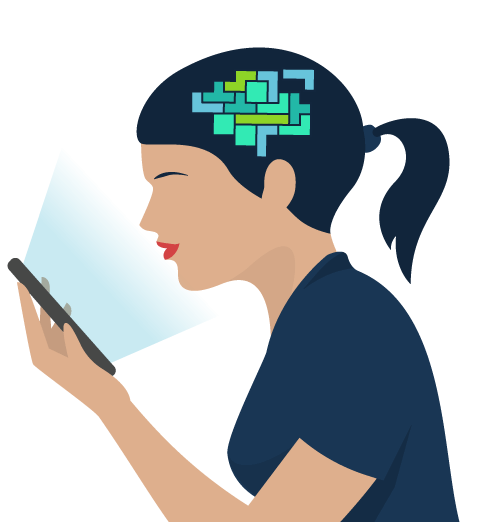
We’ve been exploring and experimenting with the function of the hippocampus since at least 1957. This was the year that a study showed that once the hippocampus was removed from the brain, humans lost the ability to form new memories.
While there’s a general consensus that the hippocampus is vital for memory storage, the how behind it is often debated.
Some theories think of the hippocampus as a type of index that ties together elements of an experience, but doesn’t actually store the experience itself.
Whereas, others maintain that the hippocampus is involved in the experience of ‘mental time travel’ when it recalls your memories. That sounds pretty cool!
Whatever theory you go with, every time you learn something new a unique neural pathway is created. Revisiting this new discovery makes the pathway stronger. It’s then easier for your hippocampus function to recall the information.
In other words, when you revise for an exam or test, you are in fact making your neural pathways stronger.
Speaking of tests, let’s see how your hippocampus handles this one!
How Good Are Your Hippocampi?
Let’s do a small short-term memory exercise. This is called ‘Testing Your Recall’. For this, you’ll need a pen and paper (or a device to punch words into).
Listed below are ten items. Read through them once. Then a second time. Once finished, take a minute to write down the objects in the order they appear without looking back. And no cheating!
- An umbrella
- A shoe
- A cuddly toy
- A melon
- A tree
- A yoghurt
- A parrot
- A laptop
- A red jumper
- A basketball
How many did you get right? Were they all in order? Feel free to hit the social media icons at the bottom of the blog and let us know your score!
That tested your short-term memory. But, when it comes to learning, you need your long-term memory to be in good shape. As such, you need your hippocampi to be in good working order.
Luckily, there are things you can do to help improve the effectiveness of your hippocampi. Let’s take a look!
Ten Ways To Improve Your Hippocampus Function
1. Learn Something New
Due to the way the hippocampus works, when you learn something new, you build new neural pathways and strengthen the ones that already exist. Think of it like building blocks!
Researchers from the University of Pittsburgh and Carnegie Mellon University recently unveiled what happens in the brain as learners progress from novice to expert.
They found that when you engage in long-term learning, new neural activity patterns were observed. This established a clear relationship between patterns and new behavioural abilities.
As online learning pioneers, we’re big advocates of any reason to engage in more learning. And with our brand new Impact Suite, you have access to various ways to encourage more learning amongst your audience.
2. Exercise

You can generate new hippocampi neurons by exercising. A famous neuronal study compared the brains of two different groups of mice. The first group had access to a running wheel, the second did not.
The mice with the wheel produced an abundance of new neurons in their hippocampus. The group without access produced far less.
Additionally, studies have shown a link between a lack of exercise and Alzheimer’s disease. According to the Alzheimer’s Research and Prevention Society, regular exercise can reduce the risk of developing Alzheimer’s by 50%.
Most exercises will help the brain and hippocampus function in some way. If you’re searching for an exercise which is particularly brain-effective, then aerobics is a great place to start.
Lucky for you, there’s a bunch of different aerobic exercises out there. You can do anything from walking, running, cycling, swimming, boxing, rowing and even dancing!
3. Eat Fish
Fish frequently tops lists as the most beneficial food for your memory. The brain uses the Omega-3 fatty acids found in fish to boost our cellular structure and brain signalling.
Fish with the highest mg of Omega-3 fatty acids include: mackerel, sardines and salmon.
A study found that those who regularly eat fish have more sizeable brains than those who don’t. This helps to protect against diseases like Alzheimer’s and dementia.
In fact, you only need to eat fish once a week. The study also found that those who did had a hippocampus 14% percent larger than people who don’t eat fish frequently!
4. Drink Coffee
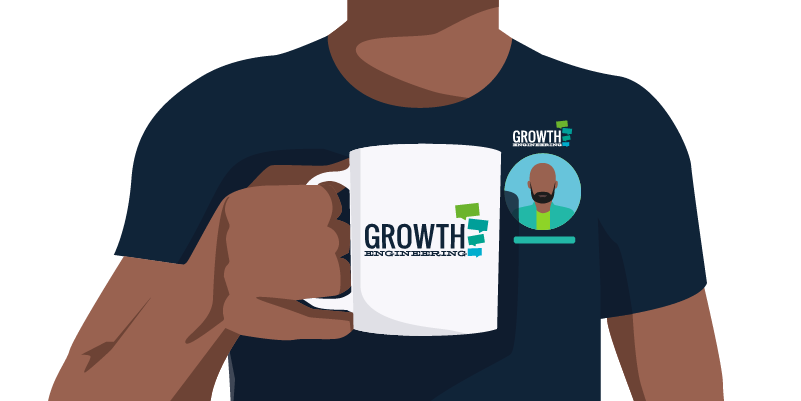
Coffee has several benefits. The serotonin levels alone keep us from being grouchy in the mornings! The caffeine also increases our concentration levels and blocks adenosine, which is a chemical that makes us drowsy.
Another perk of coffee is the large number of antioxidants it contains. As we know from blueberries, antioxidants help to improve your memory and the brain in general.
Studies of coffee have shown it to be anti-amyloidogenic. Amyloids are aggregates of proteins that are linked to the development of various diseases in humans.
The study observed caffeine consumption over a four month period. It uncovered less hippocampal neuron loss and rescued learning and memory deficits!
5. Eat Blueberries
Blueberries are beneficial to the body in many ways. They reduce DNA damage and can help prevent heart disease. Perhaps best of all, they are said to contain the highest amount of antioxidants of all fruit.
Free radicals are linked to disease. They’re molecules without an electron. They’re dangerous as they can cause a chain reaction by removing the electrons from other molecules.
Antioxidants award electrons to free radicals, which counterbalance them. Furthermore, the antioxidants found in blueberries can help improve your memory.
A study of rats showed that feeding them blueberry compounds had a significant effect on memory. It actually reversed existing short-term memory loss.
Aged rats were continuously given blueberry supplementation equivalent to a human eating a cup full every day for two months. The researchers discovered an increased rate of brain cells in the hippocampus and improved memory performance!
6. Stimulate Your Brain
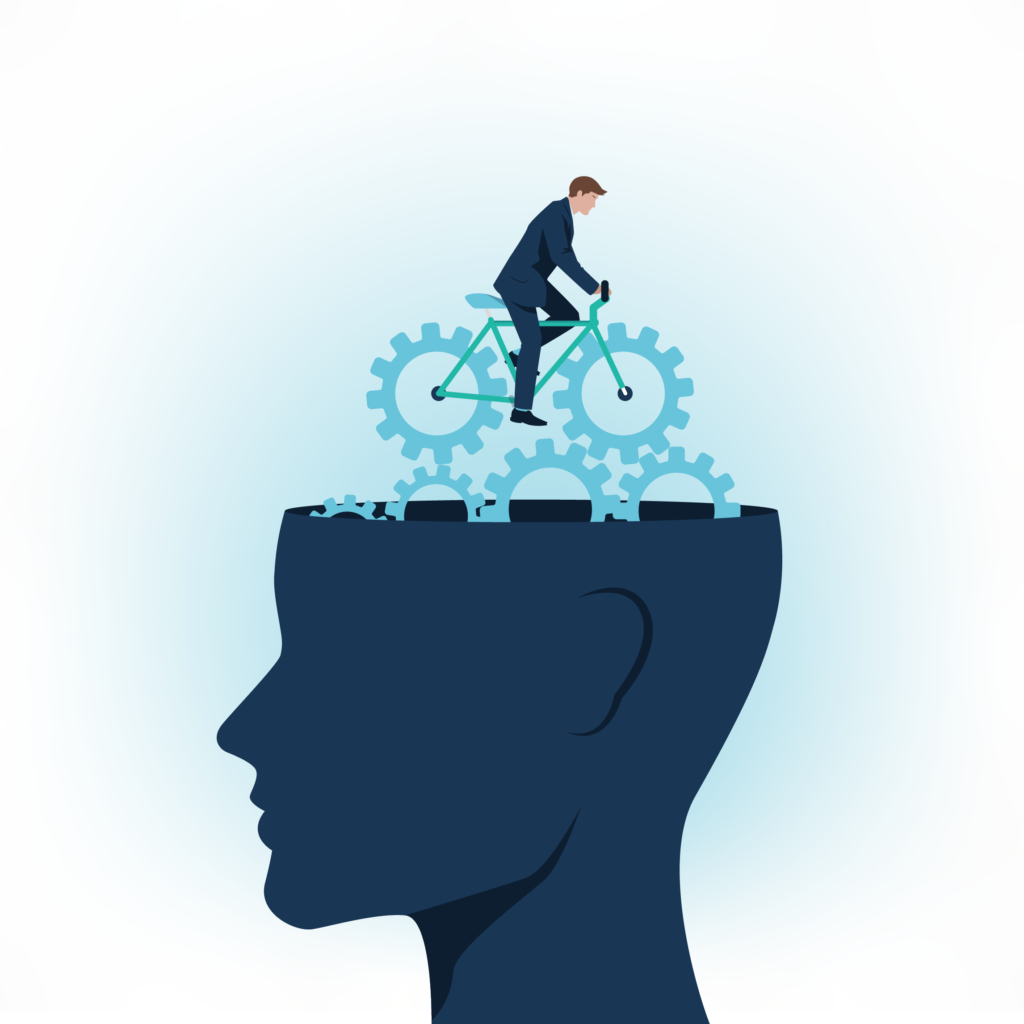
By the time we’re fully-grown, we have millions of well-developed neural pathways. This is why obstacles you’ve previously experienced get easier to solve (apart from finding your keys!).
So what about new neural pathways? The more neural pathways we create, the easier it gets to create newer ones. This is why keeping your brain on its toes is important. But how can you do this?
Mental gymnastics such as puzzles are said to stimulate new connections between nerve cells. Research shows that ‘brainy’ activities like crosswords and card games spark new connections between nerve cells and may even help the brain generate new cells.
This develops neurological plasticity which is the ability of the brain to modify connections or rewire itself.
7. Eat Dark Chocolate
If you don’t like fish, blueberries or coffee, then the good news is there’s plenty of other options. Even better news, we’re about to encourage you to eat chocolate! Dark chocolate releases dopamine, which is great for fast learning and memory.
Indeed, studies have shown that eating chocolate can increase cerebral blood flow and promote synaptogenesis. This is the formation of synapses between our neurons. They accumulate in the hippocampus, which as we now know, is the part of the brain associated with memory.
Another study from the Harvard Medical School observed 60 people between the ages of 67 and 77 over 30 days of twice-daily hot cocoa consumption. It resulted in a 30% increase in memory and cognitive abilities within those who originally had impaired blood flow to their brains!
But the benefits don’t stop there. Dark chocolate also releases antioxidants. This means that you no longer have to feel guilty about tucking into that box of chocolate!
8. Practice Mindfulness

The state of your mental health can greatly affect your memory recall and hippocampus.
For example, whilst the neurotransmitter serotonin is responsible for regulating a person’s mood, it’s also vital for learning and the creation of new memories. As such, it plays an important role when it comes to memory retention.
Consequently, this is one of many reasons why you need to look after your mental health. Multiple studies have shown that practising mindfulness can cause hippocampus growth and improve memory.
For example, a 2021 study looked at the effect of mindfulness-based meditation on women with breast cancer. Researchers discovered that it helped to ease anxiety around the participants’ cancer treatments and also positively impacted their working memory!
9. Switch Things Up
Although there’s been a recent shift in how we work, a large majority of us still go into the office now and then. How do you commute? By car? By public transport? Or maybe you’re lucky enough to walk home?
Taking the same route to and from work every day puts your brain on autopilot. Shake things up by choosing different directions!
This can activate the cortex, the part of the brain responsible for processing information. It can also stimulate the hippocampus.
At one point in his life, Bill Gates took a different route home every day to stimulate his brain. He’s now worth $133.8 billion dollars. Be more like Bill!
10. Take Advantage of eLearning

Growth Engineering LMS is locked and loaded with features to increase engagement. This includes exciting approaches like gamification and social learning.
The Research Institute of America found that eLearning improves retention rates by a staggering 40-60%. That’s almost 50% higher than the retention rates seen in classroom-based learning!
If you’re catering to modern learners, then Growth Engineering Learning App is the solution for you. Mobile learning is a fantastic way to put learning at your audience’s fingertips. Pew Research found that 86% of smartphone users use their phones to retrieve just-in-time information.
Mobile learning also makes use of microlearning. This is where learning is condensed into bite size chunks to make it easier for learners to digest. Studies show that it increases memory retention and makes learning 17% more efficient!
Lastly, we have Growth Engineering Authoring Tool. This grants you the ability to create game-based training content. It’s compatible with a multitude of eLearning formats and you can tailor your content in line with your learners’ needs.
There are hundreds of apps that are purpose-built to stimulate the brain and hippocampus function. They do so by working on problem-solving, processing speed, attention span and memory. Growth Engineering Authoring Tool allows you to create the same type of content!
Additionally, studies have shown that intertwining game mechanics with learning is incredibly effective for improving memory.
Final Word
There has never been an easier time to grow your hippocampus function. As well as more traditional methods such as exercising and changing your diet, technology has put brain training into overdrive!
Using online learning technology to stimulate your brain and keep your hippocampus in tip top shape is more effortless than ever.
Combined with the use of game mechanics, there’s nothing stopping your learners from having the best hippocampi around!
Want to learn more about how you can boost your training programme with neuroscience? Download our tip sheet ‘100 Brain Science Tips to Boost Your Training Strategy‘ today!

